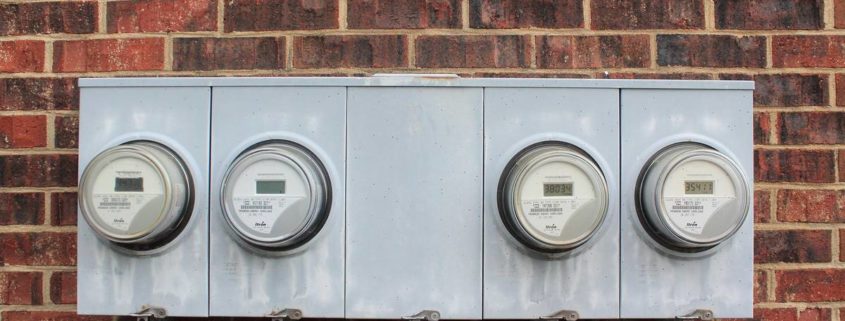Fighting for Your Rights: Utility Shutoff Laws and Bankruptcy
Safe shelter and protection from the environment are more than convenient privileges: They’re fundamental necessities. Unfortunately, energy companies don’t always seem to view things this way. If you don’t pay, they’re more than willing to shut off the gas or electricity services that help your family survive.
If you live in Wisconsin, can filing for bankruptcy protect you from such dire outcomes? Here’s what you need to know.
Bankruptcy and Utility Shutoffs
Bankruptcy isn’t just for stopping collection agencies from hounding you. In addition to putting an automatic hold on collection activities, filing for Chapter 7 bankruptcy in Waukesha can help you keep the heat going and the lights on.
Timing is key to using bankruptcy to avoid a utility shutoff. Once you file, you have just 20 days to prove that you’ll pay your future bills.
Knowing Your Rights When Filing for Bankruptcy
The laws against turning off electricity during bankruptcy are part of federal law. According to 11 U.S. Code § 366, utilities aren’t allowed to treat you unfairly just because you filed. This law means they can’t alter your service terms, refuse to serve you or discontinue your existing service.
What Happens After 20 Days?
After the 20-day period ends, the utility can only refuse, discontinue or change your service if you haven’t given them proof of your payment ability. In most cases, this means forking over a cash deposit, prepayment, credit letter, deposit certificate or surety bond. Different utility companies have their own standards for what kinds of payment assurance they prefer.
It’s also worth noting that this payment is for your future service, not the overdue bills. In other words, filing for bankruptcy may help you clean the slate and move forward.
What Happens to Your Old Account Balance?
One nice aspect of the legal code is that it lets you discharge, or erase, your old bills. If you file successfully and convince the court that you deserve bankruptcy status, the judge may wipe out what you currently owe. Although you’ll still have to pay your upcoming bills, you might be able to escape the burdens of digging yourself out from under a mountain of debt.
Special State Rules
Wisconsin also has some applicable laws against turning off electricity that may affect your case. For instance, in Wisconsin utilities are prohibited from disconnecting service to non-paying customers between November 1 and April 15.
Wisconsin also maintains the same 20-day payment window rule for accounts in non-bankruptcy cases. In these situations, however, the clock starts ticking when you receive the bill.
Should You File for Bankruptcy?
The laws against turning off electricity apply to Chapter 7 and Chapter 13 bankruptcy proceedings. However, keeping the gas, water or power connected should never be your only reason for filing.
Seeking bankruptcy status is most powerful when it’s part of a complete debt-management strategy. The most effective filings help you keep your head above water by addressing all of your liabilities. In other words, it’s smartest to discuss your situation with a reputable, experienced legal adviser.
Connect with a lawyer who’s ready to fight tirelessly on your behalf. Get in touch with the Burr Law Office team to learn more. You can also contact a Milwaukee bankruptcy lawyer by texting (262) 720-8783.




